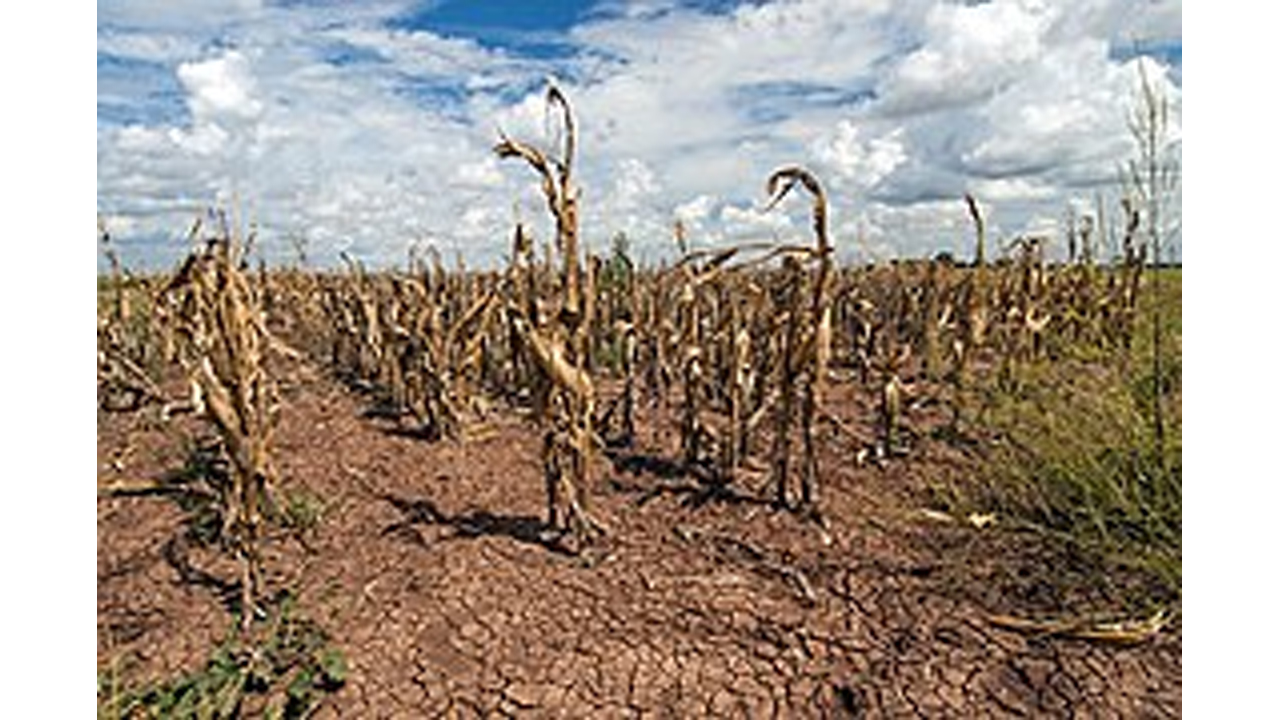The African Development Bank Group (AfDB) and the Japan International Cooperation Agency (JICA) have highlighted the need for innovative finance mechanisms to support Africa’s climate change initiatives. During a meeting held in Tokyo on June 20, 2024, both organizations stressed that productive concessional lending to African governments is just one part of the solution. They also emphasized the importance of mobilizing domestic resources and enhancing institutional debt management capacity.
The discussions, part of an African Development Bank delegation’s engagements, brought together top executives from both institutions to review their joint Enhanced Private Sector Assistance (EPSA) initiative. The meeting also served as a preparation for the 9th Tokyo International Conference on African Development (TICAD9) Summit, scheduled to take place in Yokohama in August 2025.
JICA, responsible for administering Japan’s overseas development assistance (ODA), provides bilateral aid to developing countries through grants, loans, and technical assistance. The Bank Group delegation, led by Vice President for Power, Energy, Climate & Green Growth Kevin Kariuki, included Vice President for Private Sector, Infrastructure & Industrialisation Solomon Quaynor, and Chief Economist and Vice President for Economic Governance & Knowledge Management Kevin Urama. JICA’s Senior Vice Presidents Naoki Ando, Sachiko Imoto, Masao Yahara, Kenichi Kawamura, and Shohei Hara, among others, also participated in the meeting.
A key focus of the discussions was the progress towards the EPSA 5 target of mobilizing $5 billion between 2023-2025, with priority investments in electricity, health, connectivity, and agriculture. The review included co-financed projects in Nigeria, Mauritania, and Morocco, acknowledging the importance of innovative financing in addressing environmental challenges. Kariuki highlighted the Bank’s Climate Action Window as a potential co-financing opportunity for JICA.
JICA Senior Vice President Naoki Ando emphasized the need for a broader range of public finance management capacity building and more productive concessional finance for African governments. Urama highlighted the Bank's efforts in building debt management capacity in countries like Mozambique, Zambia, and Zimbabwe, including its Public Financial Management Academy program.
The AfDB showcased its focus on private sector development, including industrialization, SME enterprise development, and youth-focused entrepreneurship. This includes the Youth Entrepreneurship Investment Banks initiative, launched to finance youth-led African businesses. JICA expressed interest in cooperation opportunities, particularly in Nigeria and Ethiopia.
Transport corridor development was another critical area of discussion, focusing on projects like the Lobito Corridor connecting Angola, DRC, and Zambia, and the Abidjan-Lagos Highway Corridor. The Bank Group is supporting climate risk assessments to integrate adaptation measures such as sea walls. JICA representatives stressed the link between corridor development and urban development and proposed exploring further collaboration on food security and industrial development to increase the economic impact of transport corridors.
In terms of supply chain resilience and diversification, Bank leaders proposed synergies between the Bank Group’s country and regional integration strategy papers and the Co-Creation for Common Agenda Initiative of Japan’s Ministry of Foreign Affairs.
Looking ahead to TICAD9, JICA has established 15 working teams to explore strategic topics for consideration at the Summit. This proactive approach underscores the importance of the event to both partners and Africa’s economic development.











